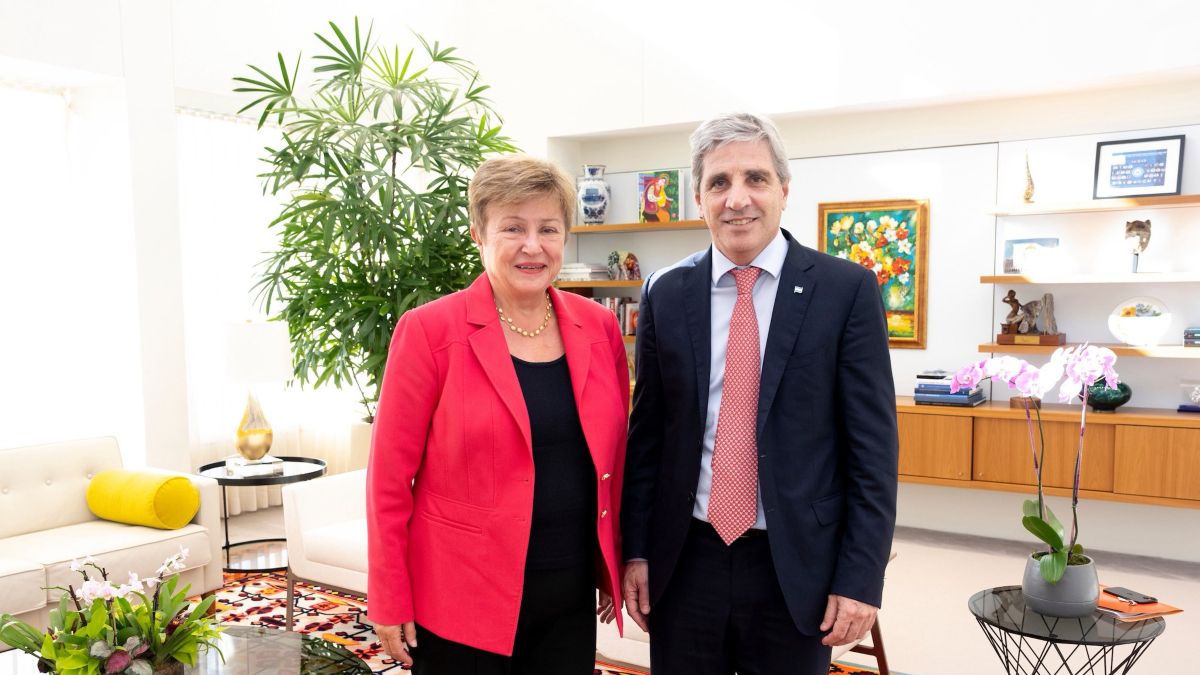Industry lacks microchips. The EU is dependent on imports from Asia. That should change with an offensive worth billions that the EU Commission is now presenting.
With a plan worth billions, the EU is to be spared a microchip shortage in the future. Today, among other things, the head of the Commission, Ursula von der Leyen, is presenting the so-called Chips Act.
According to Internal Market Commissioner Thierry Breton, far more than 40 billion euros in public funds are to be mobilized. Consumers are currently noticing the chip crisis, for example in the long waiting times for new cars or delivery problems with the latest game consoles such as the Playstation 5.
The Chips Act is intended to prevent Europe from being left behind by other regions such as Asia or America. States such as the USA and China also invest a great deal of money in this branch of industry. The EU Commission expects allocations of around 52 billion dollars (45 billion euros) to the US plans. China will invest an estimated 150 billion by the end of the decade. Now the EU is following suit: 12 billion euros are to be mobilized for research and development and 30 billion euros for the construction of large production facilities.
German auto industry suffers
Von der Leyen announced in mid-September that he wanted to set up a European economic system for microchips. In Germany, for example, the car industry in particular suffers from the shortage. Production has to be cut back again and again.
The goal is ambitious: According to the Commission, the EU’s share of the world market for chips is to increase to 20 percent and thus double. That would require quadrupling production as the market is expected to double by 2030.
“Microelectronics is a key technology in the digital age, and semiconductors are the basis for all digital applications,” emphasizes the President of the German digital association Bitkom, Achim Berg. The aim must be to create a European microelectronics ecosystem. This should include both design and production. But openness to the world market must also be maintained.
European ecosystem vs. global market openness
Two influential Commissioners in particular have shaped this balancing act: Internal Market Commissioner Breton and Competition Commissioner Margrethe Vestager. There were repeated reports of conflicts between the two. The former manager Breton stands for a French, traditionally more state-dominated economic model. Vestager, on the other hand, belongs to the liberal group Renew Europe, which also includes the FDP, and which stands for less state interference in the economy.
Months ago, the Dane warned that companies could play states off against each other over possible grants. “We have to avoid a subsidy race,” she said. Breton, on the other hand, warned in a blog post in mid-September that the EU could lag behind given the high level of investment from other countries.
He doesn’t see the EU getting caught up in the subsidy fight. In addition, companies that receive state funding should have to comply with certain rules. In exceptional cases, it should be possible to ensure that EU interests are served first, he told the dpa.
“Every industrial policy intervention by the EU always harbors the risk of distorting competition,” emphasizes Achim Wambach, President of the Leibniz Center for European Economic Research. Care must be taken to ensure that individual company subsidies do not lead to this.
Source: Stern
Jane Stock is a technology author, who has written for 24 Hours World. She writes about the latest in technology news and trends, and is always on the lookout for new and innovative ways to improve his audience’s experience.




